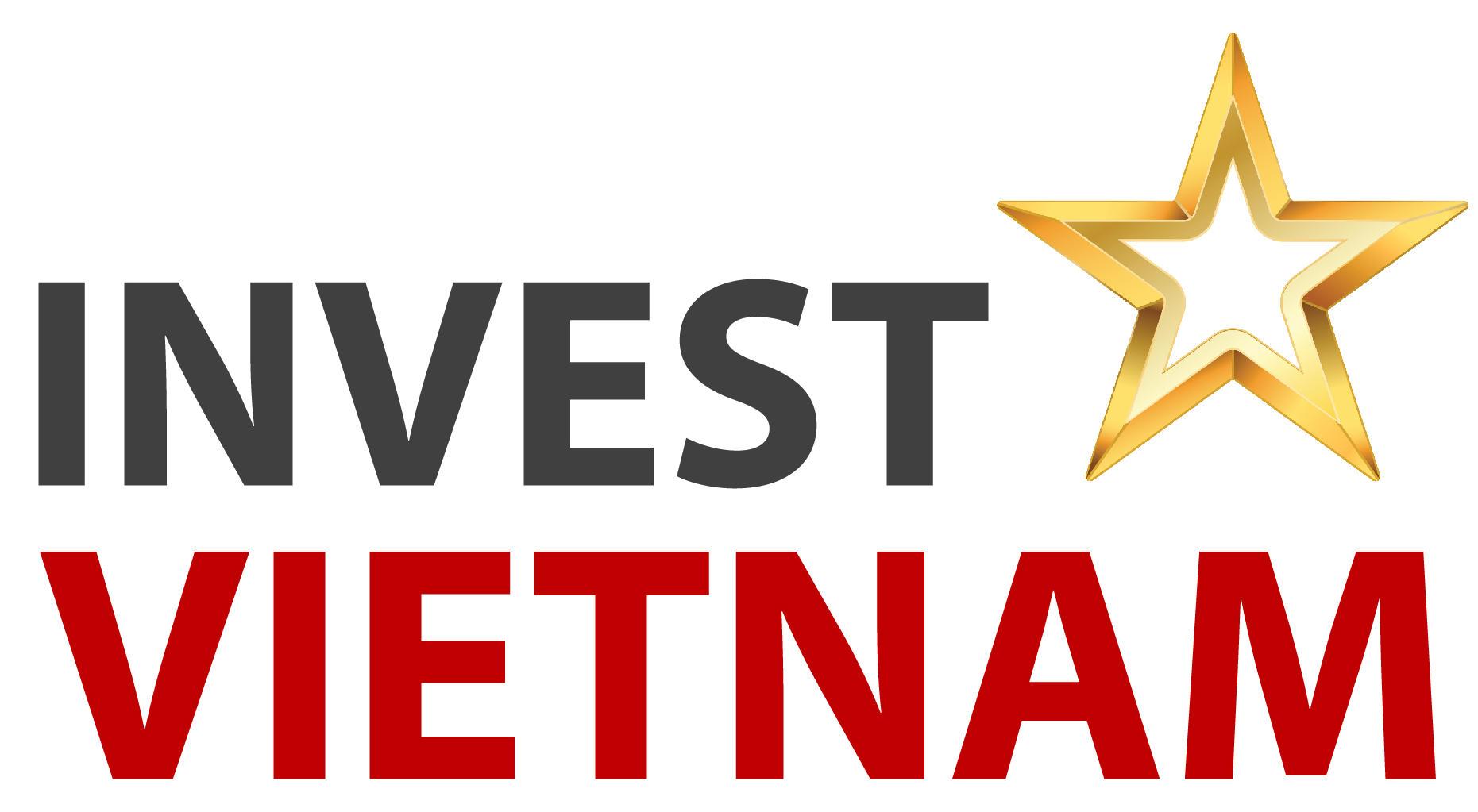Accounting and audit: How about Vietnamese accounting standards and systems? What are the fundamental requirements of accounting records and financial statements?
The accounting and auditing profession in Vietnam has improved dramatically in recent years. This is a result of the introduction of and continuing improvement of the accounting and auditing standards. Additionally, professional bodies have been established, the number of qualified accountants and auditors has increased as well as further development of relevant laws and regulations.
Vietnamese Accounting Standards and Systems
Accounting Standards
There are currently 26 Vietnamese Accounting Standards (“VAS”) which were issued from 2001 to 2005. All standards were adopted from and primarily based on the International Accounting Standards (“IAS”) and International Financial Reporting Standards as promulgated by the International Accounting Standards Board (IASB) prevailing at the time of issuance. Key differences between IFRS and VAS include terminology, applied valuation methods or disclosure requirements due to the continuing changes and amendments to IFRS.
Vietnam is on the way to close the gap between VAS and IFRS and it is expected that full adoption of IFRS will be made by 2020.
Accounting Systems
All companies in Vietnam are required to adopt Circular No. 200/2014/TT-BTC dated 22 December 2014 (“Circular 200”) issued by the Ministry of Finance (“MOF”), and other prevailing Vietnamese decisions and circulars. Circular 200 provides guidance on Vietnamese Accounting Systems and the application of and adoption of accounting standards to all types of enterprises in Vietnam.
On 26 August 2016, the Ministry of Finance issued Circular No.133/2016/TT-BTC (“Circular 133”) which provides guidance on Vietnamese Accounting Systems for Small and Medium-sized Enterprises (“SMEs”). Circular 133 took effect for fiscal years commencing on or after 1 January 2017. Circular 133 replaces the contents applied to SMEs of both Decision No.48/2006/QD-BTC (“Decision 48”) dated 14 September 2006 and Circular No. 138/2011/TT-BTC (“Circular 138”) dated 04 October 2011 as issued by the Ministry of Finance. The SMEs are authorised to proactively design and construct their accounting system in line with SMEs’ respective industries, management and decision-making purposes. SMEs can decide to apply the accounting system under Circular 200/2014/TT-BTC dated on 22 December 2014 of the Ministry of Finance (“Circular 200”) and relevant amendments, supplements or replacements of regulations, but are required to notify the Tax Authorities as well as to consistently apply this accounting system during the fiscal year. In case the SMEs decide to apply Circular 133, they are required to notify the Tax Authorities and implement the changes as from the beginning of the fiscal year.
All securities companies in Vietnam are required to adopt Circular No. 210/2014/TT-BTC (“Circular 210”), issued by the MOF on 30 December 2014, providing guidance on accounting systems applicable to securities companies. Circular 210 provides a number of amendments related to the chart of accounts, accounting methods, forms of accounting books and methods of preparation and presentation of financial statements applicable to securities companies established and operating under the provisions of the Vietnamese Securities Law. Circular 210 is applied for securities companies’ financial year starting from 1 January 2016 onwards.
Accounting Records and Financial Statements
The Vietnamese Law on Accounting stipulates that the accounting records and financial statements of all enterprises established in Vietnam should be prepared in accordance with the following fundamental requirements:
Accounting Records
- Framework: Vietnamese Accounting System
- Language: Vietnamese
- Currency: VND (*)
- The company can use electronic documents as accounting records, but must print and file those electronic papers in hardcopy
- Records retention: five (5) years for accounting documents; ten (10) years for accounting data, accounting books and permanently for documents that are significant in term of economics, national security and defence
(*) Foreign -invested entities are allowed to select and use another currency in recording transactions and maintaining their accounting records, provided that they can clearly demonstrate that the receipts and disbursements are mainly denominated in such other currency. However for statutory reporting, entities using another currency as functional currency must convert their financial statements prepared under such other currencies into VND under certain prescribed regulations.
Financial Statements
- Framework: Vietnamese Accounting Standards and System (VASs)
- Financial year: An accounting period is generally 12 months in duration. Enterprises must select the fiscal year-end which could be either at the end of the calendar year or at the end of each quarter (i.e. 31 March, 30 June and 30 September). A notice to the local tax authority is required to be submitted if an enterprise selects a quarter date other than December(**)
- Language: Vietnamese
- Reporting currency: VND (***)
- Approval: The financial statements must be approved by the Chief Accountant and the Legal Representative.
(**) For newly incorporated enterprise, the first accounting period must not be more than 15 months after the enterprise’s date of incorporation.
(***) If an enterprise selects a foreign currency to be used as functional currency in recognising transactions, maintaining its accounting records and preparing its financial statements, its financial statements are required to be translated into VND for statutory reporting purposes.
The MOF also issued Circular 202/2014/TT-BTC dated 22 December 2014 to guide, amend and supplement on the methods how to prepare and present consolidated financial statements.
Auditing Standards
There are forty seven (47) Vietnamese Standards on Auditing (“VSA”) which were issued by the MOF. Of these, 37 standards were issued in 2013 and 10 standards were newly issued in 2015. The VSA were essentially adopted from ISA. All audit activities and practices of audit firms and auditors are required to be in accordance which VSA and the Law on Independent Audit, which was released on 29 March 2011 and took effect on 1 January 2012.
Audit Requirements
Under the Law on Independent Audit, annual financial statements of foreign invested entities and public interest entities (i.e. listed entities, banks, insurance companies, securities companies and financial institutions), and any other entities involved in special circumstances such as mergers and acquisitions, changes in ownership, termination and bankruptcy must be audited by an audit firm legally operating in Vietnam.
Under the prevailing regulations certain entities such as banks, non-banking credit institutions and branches of foreign banks have to rotate or replace their audit firm by another audit firm after five (5) consecutive years. There is no similar requirement for rotation of audit firms and auditors for other business entities. However, the Law on Independent Audit mandates that signing auditors (licensed auditors signing the auditor’s report along with the legal representative of the audit firm) have to be rotated or replaced after three (3) consecutive years.
Foreign invested entities are required to have their annual financial statements audited. Those entities must appoint an audit firm from the list of practicing auditors and audit firms qualified to provide audit services as approved and published by the MOF annually. There were 180 audit firms in the list of firms who are approved and authorised by the MOF in 2018.
Public interest entities are required to submit “reviewed” semi-annual financial statements and “audited” annual financial statements. Such review and audit should be carried out by auditors and audit firms qualified to provide such services to Public Interest Entities (PIE) as approved by the State Securities Committee (“SSC”). The list of approved auditors and audit firms is reviewed and published annually on the websites of the MOF, SSC and Vietnamese Association of Certified Public Accountants (“VACPA”).
Currently, there are 32 audit firms in that list which includes Grant Thornton Vietnam.
Audit contracts should be signed with the independent auditors no later than 30 days before the end of the entity’s financial year in accordance with Decree 105/2004/ND- CP dated 30 March 2004 and the Law on Independent Auditing with effect from 1 January 2012.
Filing/Publication Requirements
Foreign invested entities are required to submit statutory audited financial statements to its applicable licensing body, Department of Finance in provinces and cities under the jurisdiction of the central government where such enterprise’s head offices are located, and the local tax authority and department of statistics within 90 days from their reporting date. For enterprises located in an Export Processing Zones or Industrial Zones, financial statements will be filed with Export Processing Zone or Industrial Zone Management Board if required.
Public interest entities are required to submit and publish their half-year reviewed financial statements and year-end audited financial statements within 45 days and 90 days respectively from the balance sheet date.


